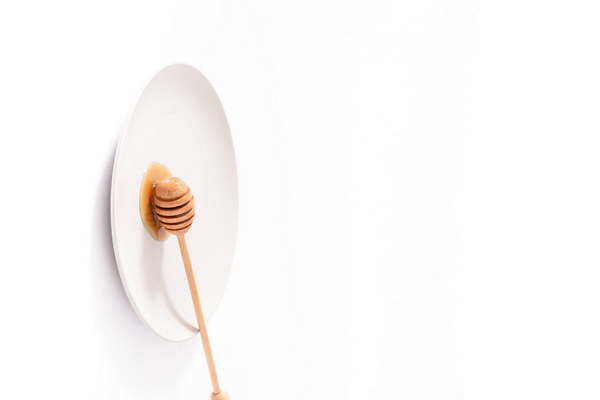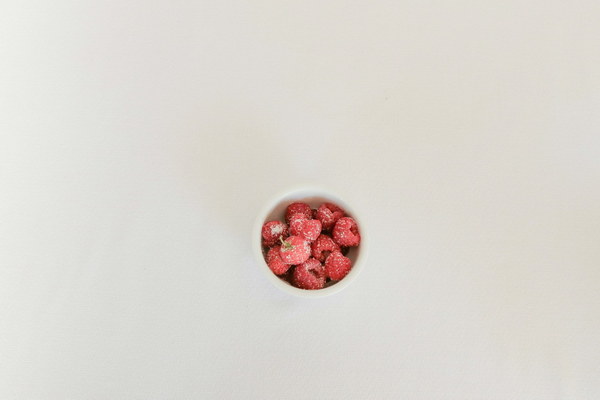Introducing Traditional Chinese Medicine for Your 1-Year-Old A Safe and Effective Approach to Health
In the realm of pediatric healthcare, introducing medication to a 1-year-old can be a daunting task for parents. Concerns about potential side effects, dosage, and the overall well-being of the child often overshadow the need for effective treatment. However, traditional Chinese medicine (TCM) offers a safe and effective alternative for children, including those who are 1 year old. This article explores the benefits of incorporating TCM into the health regimen of a 1-year-old, emphasizing the importance of consultation with a qualified practitioner.
Traditional Chinese medicine is a comprehensive system of healthcare that dates back thousands of years. It encompasses a variety of practices, such as acupuncture, herbal medicine, tai chi, and diet therapy. In the case of a 1-year-old, TCM can be particularly beneficial due to its gentle and holistic approach to treatment.

One of the primary advantages of TCM for young children is the absence of harsh chemicals and synthetic ingredients found in many conventional medications. TCM relies on natural substances, such as herbs, minerals, and other organic materials, which are less likely to cause adverse reactions in a child's delicate system. Furthermore, TCM treatments are tailored to the individual needs of the child, taking into account their unique constitution, environment, and lifestyle.
When considering TCM for a 1-year-old, it is crucial to consult with a qualified practitioner who specializes in pediatric care. The practitioner will conduct a thorough evaluation of the child's health, including their physical, emotional, and mental well-being. Based on this assessment, the practitioner will recommend a personalized treatment plan that may include the following:
1. Herbal medicine: Herbs are a cornerstone of TCM, and they can be used to address a wide range of health issues in children. For example, a child with a weak immune system might be prescribed an herbal formula that strengthens their defense mechanisms. Herbs are typically administered in the form of a decoction, granules, or tincture, and the dosage is adjusted to the child's age and weight.
2. Acupuncture: Although it is not commonly used in children, acupuncture can be beneficial for certain conditions, such as chronic pain or sleep disorders. In the case of a 1-year-old, the practitioner may use pediatric needles, which are much smaller than standard acupuncture needles, to minimize discomfort.
3. Diet therapy: A balanced diet is essential for a child's growth and development. TCM emphasizes the importance of a proper diet and may recommend certain foods or dietary restrictions to address specific health concerns. For example, a child with a tendency towards constipation might be advised to increase their intake of fiber-rich foods.
4. Lifestyle adjustments: TCM also focuses on the importance of a healthy lifestyle, which can include regular exercise, adequate sleep, and stress reduction. These factors can all contribute to the overall well-being of a 1-year-old and may be addressed as part of the treatment plan.
When introducing TCM into the healthcare regimen of a 1-year-old, it is important to keep the following considerations in mind:
- Consult with a qualified practitioner: A TCM practitioner with experience in pediatric care can provide the best guidance and treatment for your child.
- Monitor the child's response: Pay close attention to any changes in the child's health, and communicate these observations to the practitioner.
- Be patient: TCM treatments can take time to take effect, so it is essential to remain patient and consistent in following the recommended treatment plan.
- Seek additional medical advice if necessary: If the child's condition does not improve or worsens, it is important to consult with a conventional healthcare provider to rule out any underlying issues.
In conclusion, traditional Chinese medicine offers a safe and effective approach to healthcare for 1-year-olds. By consulting with a qualified practitioner and following a personalized treatment plan, parents can help their child achieve optimal health and well-being. Remember, the key to successful TCM treatment lies in patience, consistency, and open communication between the parent, practitioner, and child.









